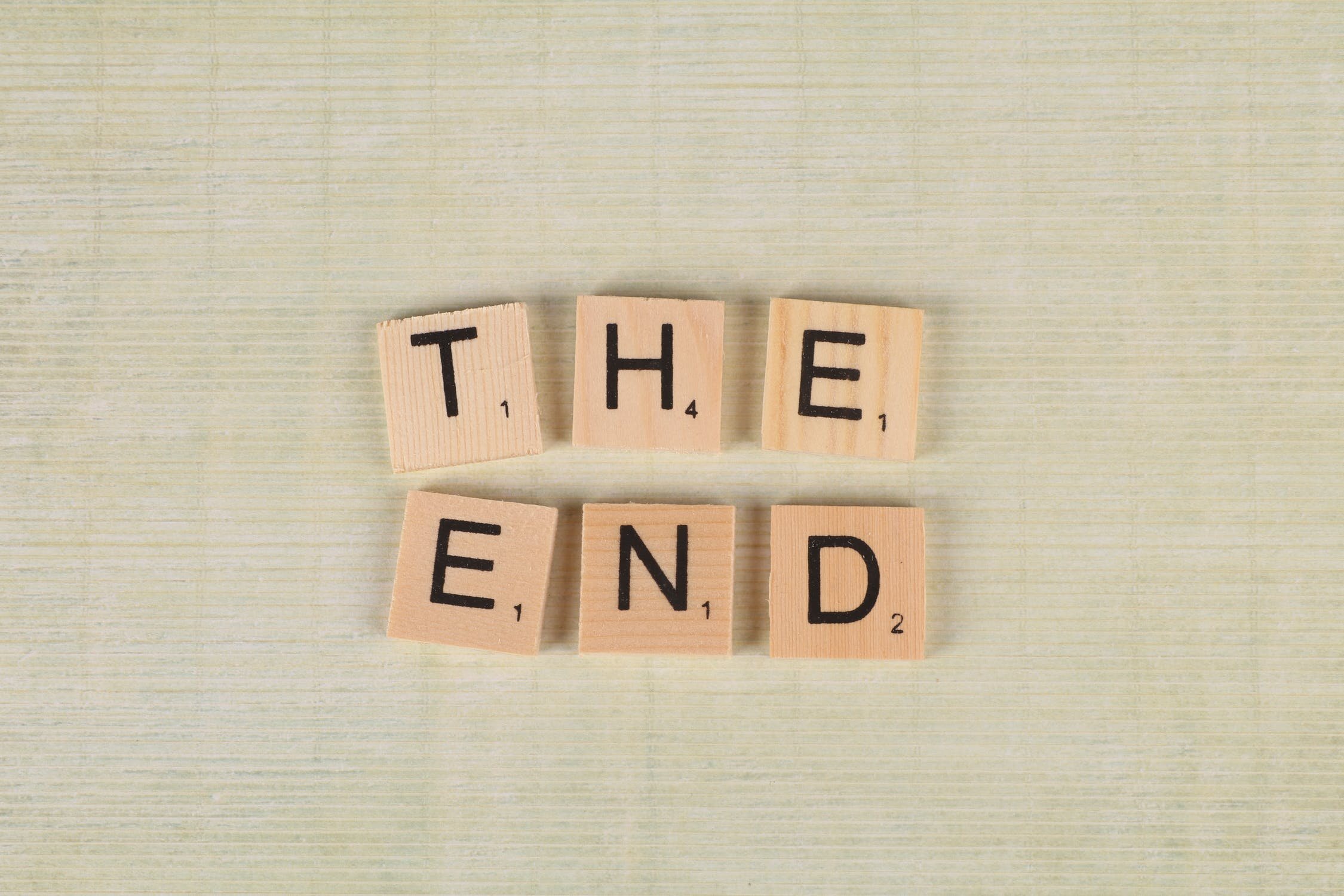Not The End
I wrote recently about the death of our pet cat Olive, an event that came immediately to mind when I was watching a rerun of the wonderful late 70’s sit com Taxi. In this episode, Alex Reiger, played by Judd Hirsch, knows his aging dog Buddy is going to die soon. He wants to both make his pet’s last days as comfortable as possible and spend as much time with his beloved companion as he can. Much of the episode’s story revolves around the lengths Reiger goes to do just that, which in the highly capable hands of the writers and cast, is both funny and touching.
Inevitably, however, the dog passes away, which Reiger first reveals to Louie De Palma, the crass and unsentimental dispatcher played by Danny DeVito. De Palma is surprisingly moved by the news, and, not knowing what else to do, shews the rest of the cabbies out of the room to give Rieger some time alone. Reiger reaches into his jacket pocket where he discovers Buddy’s leash. Seeing the memento of his old friend, he clutches the leash to his face and, for the first time in the episode, begins to weep. The End.
It was all beautifully done, and Judd Hirsh is a great actor capable of handling the nuances of this moment, but having just lived through a version of this myself, all I could think was, “That’s not the end.” I know a story has to conclude somewhere, and I knew why the writers chose to end it there, but it’s still not the end. Grief is never the end. It can’t be. It’s the recognition that something ended, but it’s not the end.
I grew up watching shows like Taxi, at a time when I had experienced no meaningful loss in my life. As a boy, seeing a scene like this only instilled a kind of fear of loss and death in me, for there was nothing after the tears, nothing after the pain. That, it seemed to say, is where you end. I disliked these stories for this reason, though I knew there was a portion of the truth in them. But was it all the truth? What comes afterward? What then? Does nothing else matter afterward? These were the questions a young storyteller had to ask, knowing already that where you end a story is the reason you told it, and that stories and life were one and the same.
If you like the ideas and perspectives expressed here, feel free to contact me about individual coaching and group workshops.
Everyone Has What It Takes: A Writer’s Guide to the End of Self-Doubt
You can find William at: williamkenower.com


